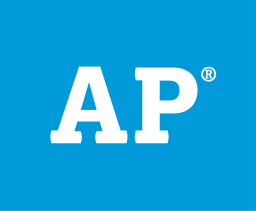Want To Teach In A Boarding School?
If you went to a boarding school, you know what teaching in one is all about. It's a multi-faceted job with many unique benefits. So, for those of you who didn't go to a boarding school, here's what's involved?
First of all, teaching in a boarding school is not a 9-5 job. (Well, strictly speaking, 8-3, but let's not quibble.)
- So, if you are looking for a job that you can leave behind at the end of the school day, teaching in a boarding school is probably not for you.
- You see, boarding school teachers teach.
- That is, after all, their primary function, but they also function as parents.
- A Latin phrase describes this concept succinctly: in loco parentis, i.e., in place of a parent.
- Because families have sent their children to a residential school away from home for weeks, even months, the school staff functions in place of the parents.
- Boarding school students are supervised 24/7, just like they are at home.
Canva generated this photo of a coach supervising a field hockey team.

A boarding school teacher's duties
Teachers in a boarding school wear many hats. They teach. They coach. They manage a club.
- Yes, teaching is your primary responsibility and function.
- When you submit your application for a teaching position, that's one of the first things the school will evaluate. A






















